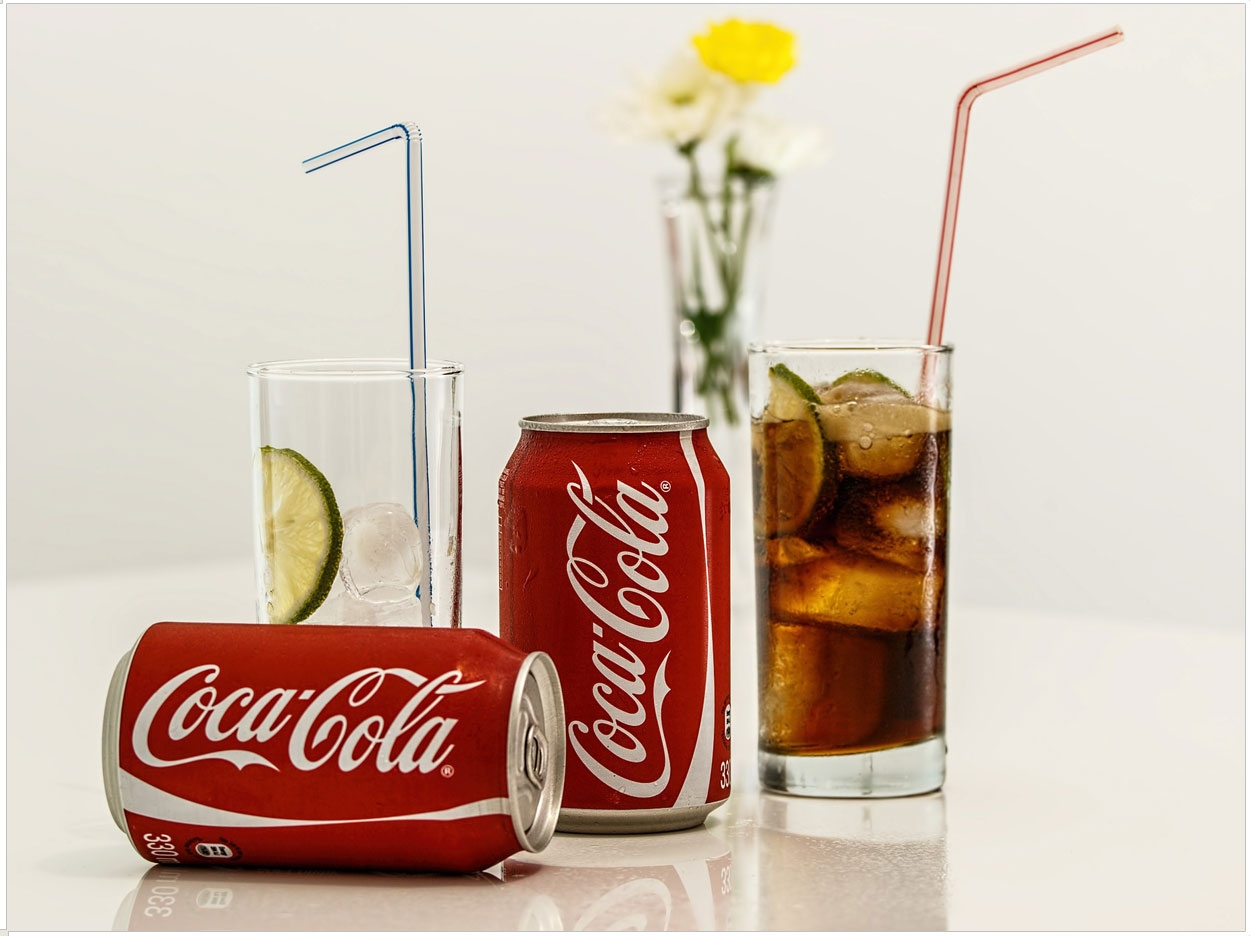
In 2013, Mexico passed an excise tax of one peso per liter on nondairy and nonalcoholic beverages with added sugar such as sodas and sports drinks. By December 2014, purchases of these beverages declined by 12%, according to recent research from The BMJ.
Mexico instituted the tax because of significant increases in obesity, cardiovascular issues, and diabetes among its population, though excessive consumption of such beverages also can lead to tooth decay. By discouraging consumption via the tax, the government hopes to improve the nation’s health.
The peso per liter tax represents about 10% of the price of each beverage at the time the tax went into effect on January 1, 2014. It is collected from the manufacturers, who have since raised prices on these beverages by about 10% to make up for the cost. The tax will be adjusted for inflation every 2 years.
As expected, purchases and consumption both declined. During 2014, the average urban Mexican purchased 4.2 liters fewer of taxed beverages and 12.8 liters more of untaxed beverages, which include diet sodas, water, unsweetened dairy beverages, and fruit juices. Overall, sales of these healthier drinks increased by 4%, driven mostly by bottled water.
The greatest decreases were found in low-income households, which also generally face the greatest health risks. Nationwide, decreases in taxed beverage purchases averaged 6% a month before reaching 12% by December 2014. Purchases by households of low socioeconomic status, though, dropped 9% per month to total 17% by December 2014.
Mexico’s initial apparent success may inspire other nations to impose similar taxes. The United Kingdom, for example, has been debating the need for a sugar tax to combat its own health issues. Recent reports from the United Kingdom note that its children consume 3 times the annual recommended amount of sugar, prompting Public Health England to launch its Change4Life Sugar Smart awareness campaign.
“Mexico has set a precedent with its commitment to improving the health of its population and it is now imperative that the UK government looks at the findings of this significant research and considers the evidence before it,” said Fiona Sandom, president of the British Association of Dental Therapists.
Similar research from The Lancet Diabetes & Endocrinology shows that reducing free sugar content in sugar-sweetened drinks including fruit juices in the United Kingdom by 40% over 5 years without replacing them with non-nutritive sweeteners could prevent about 300,000 cases of type 2 diabetes over 2 decades—which is important to dentists, considering the relationship between diabetes and periodontal disease.
“Given the links between systemic diseases and dental health, we must make every contact matter and seize the time spent in the chair to discuss diet and dental health habits,” Sandom said. “Only with an all-encompassing approach to health can preventive measures be successful.”
Related Articles
Food Guidelines Include New 10% Limit on Sugar
App Tells You How Much Sugar Is in Your Food
Sugar-Free Drinks Are Bad for Teeth Too












